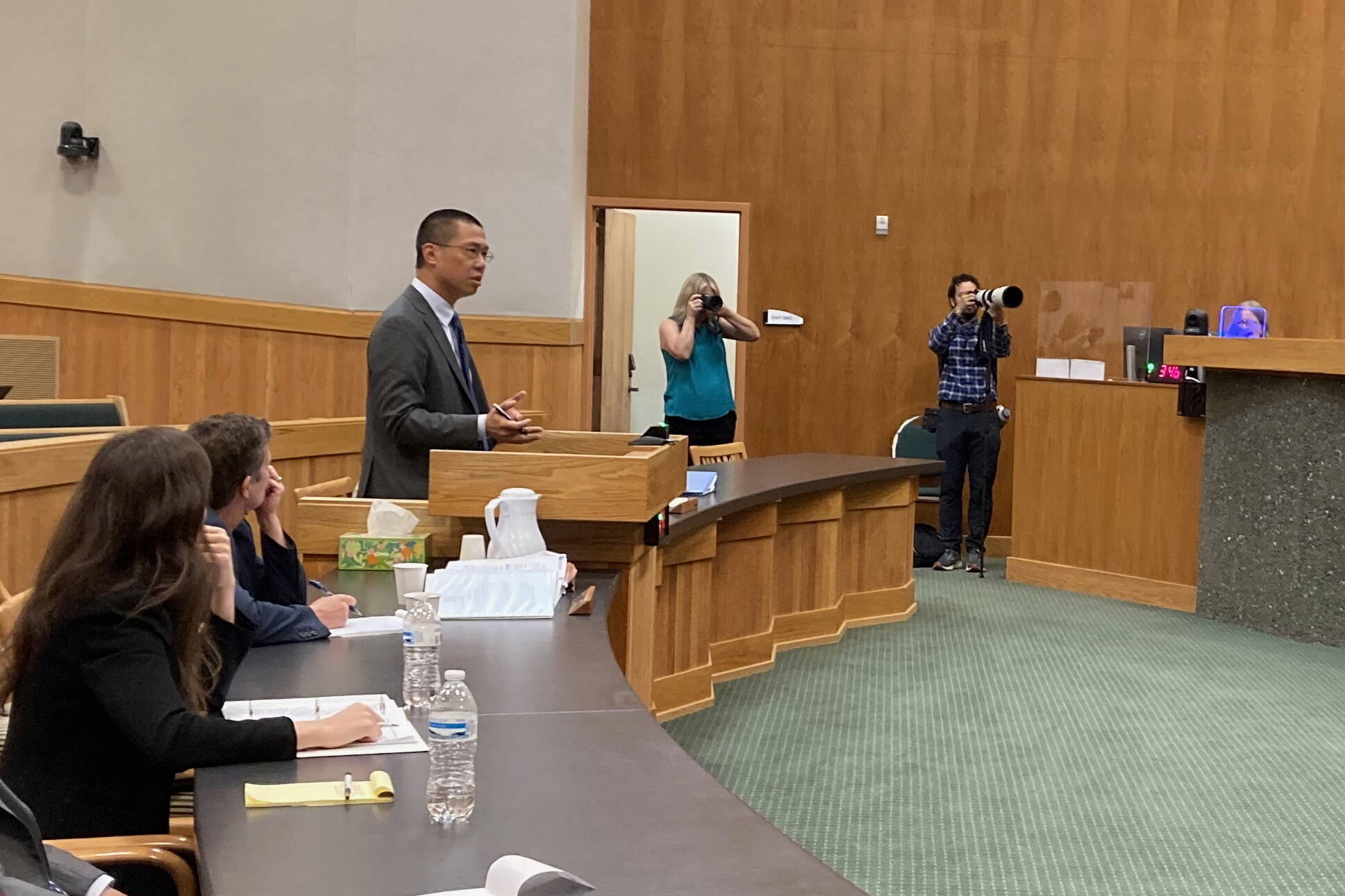Alaska’s Supreme Court justices on Friday reversed a Superior Court ruling that struck down key components of the state’s correspondence school program.
Nearly 23,000 homeschool students may continue to use their allotments of state education money to pay for private school tuition until the Anchorage Superior Court reconsiders the case.
The Supreme Court made its decision a day after oral arguments in an appeal of the ruling in State of Alaska, Department of Education and Early Development v. Alexander, in which plaintiffs argued that it is unconstitutional for public education money to be spent on private school tuition.
The justices explained that they issued a summary ruling quickly to avoid affecting thousands of students’ education and will complete a formal ruling later.
Supreme Court justices agreed with the state’s hired lawyer, Elbert Lin, that the lower court wrongly decided the state’s statute was unconstitutional in its entirety. They said state law could be preserved “because there are many constitutionally permissible uses of allotment funds.”
They sent the ruling back and directed the Superior Court to consider whether spending is unconstitutional on a case-by-case basis. That could mean individual districts, which are directly responsible for monitoring allotment spending, would be the defendants, rather than the Department of Education and Early Development. The justices wrote that they could not make such a ruling now because no districts were present, or joined in the lawsuit, at the time of the appeal.
They also directed the Superior Court to consider a group of correspondence families’ argument that the U.S. Constitution requires the state to allow families to use allotments on private school tuition.
Both the state and the parents who use state money to send their children to private schools asked the court to decide whether it is constitutional for families to spend the homeschool allotment on full-time private school tuition.
“We decline to make such a ruling at this point,” the justices wrote, and explained that the issue did not come up in the original case and neither plaintiffs nor the correspondence families submitted arguments about it in their appeal.
Gov. Mike Dunleavy, Education Commissioner Deena Bishop and Attorney General Trag Taylor praised the decision. “The Alaska Supreme Court clearly saw the flaws in the prior decision and in the plaintiffs’ arguments,” said Taylor in a news release. “To strike down the entire statutory scheme on the allegations of one type of unconstitutional spending does not comport with the laws of statutory and constitutional interpretation. Statutes are presumed constitutional and there must be a high bar to strike them down. This is a win for the rule of law as well as Alaskan families.”
Taylor’s wife Jodi Taylor wrote a step-by-step description of how families can use allotments for classes at private schools.
Scott Kendall, attorney for the plaintiffs, said the justice’s decision may not be what he wanted, but he feels confident about the case.
“They were much more concerned with the procedural aspects of their case, not the substance,” he said.
When the Superior Court reconsiders the case, the plaintiffs could identify a district that allows correspondence allotments. Kendall said that a school district may even seek to join the case of its own volition, to argue that its practices should be allowed.
“I am not a betting man, but if I was, I would bet big money on the fact that you cannot constitutionally spend public funds through a correspondence program for tuition at a private school,” he said. “It’s just going to take us just a bit longer to reach that ultimate outcome.”
• Claire Stremple is a reporter based in Juneau who got her start in public radio at KHNS in Haines, and then on the health and environment beat at KTOO in Juneau. This article originally appeared online at alaskabeacon.com. Alaska Beacon, an affiliate of States Newsroom, is an independent, nonpartisan news organization focused on connecting Alaskans to their state government.

